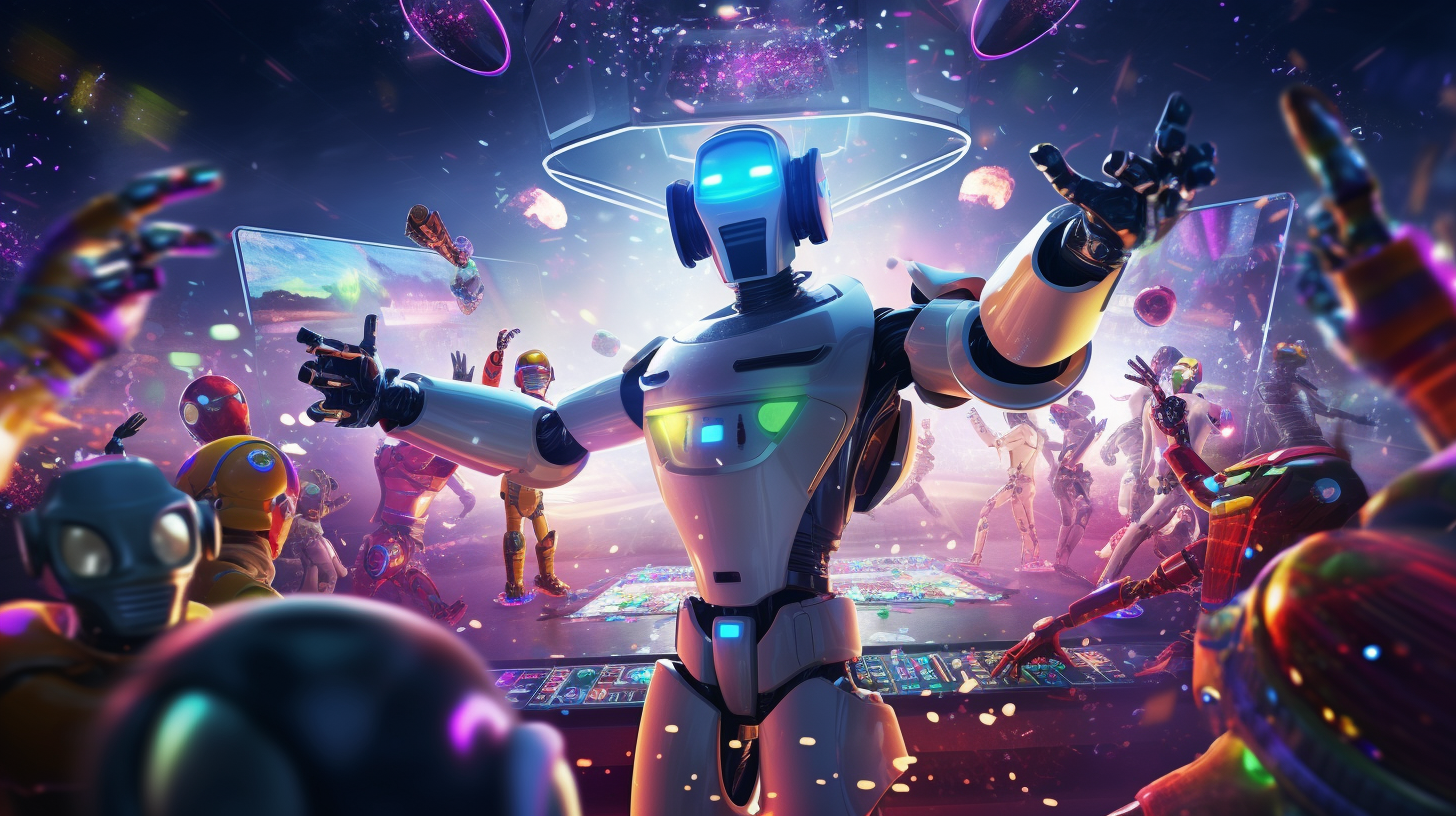Another Party Like It’s 1999? What we can learn about GPT and AI from the Dot.com Bust and Boom.

I've been observing and using Language Learning Models (LLMs) for almost a year. It’s been super exciting but the more LLM-based apps I see, the more this era eerily reminds me of internet startups in the late 1990s.
In the 1990’s the first web browsers Mosaic and Internet Explorer emerged and took the world by storm. When people first tried a web browser, the initial experience was a "Wow!" moment, as people quickly grasped how this new technology would revolutionize daily life. Over the next 3-5 years, thousands of companies sprang up to capitalize on that vision. By the late 1990s, billions had been invested in ventures that delivered food directly to your door (Webvan), allowed you to buy pet food easily online (Pets.com), find out your connections to friends (SixDegrees, Friendster), or stream TV and videos online (WebTV).
In case you do not know those names, here’s what happened. The tech boom of the late 1990s ended in a massive crash leading many to believe that the World Wide Web experiment had failed. While some companies like Google, Amazon, and Salesforce survived and eventually became dominant, the vast majority of the early companies in the dot.com era failed - ideas ahead of their time.
Years later when advancements like better JavaScript support, high-speed Internet, and cheaper servers became ubiquitous, a new generation of companies successfully implemented those same ideas (e.g., Instacart, Facebook, YouTube/YouTubeTV/Netflix) and quickly became monsters in the market.
Today, the situation with LLMs feels strangely analogous to the 1990’s early Dot.com euphoria. Those who have experienced GPT-4 understand the transformative potential of LLMs. We have had the same “Wow!” moment. Thousands of LLM-based startups are emerging, with funding once again reaching into the billions. However, like the 1990’s, the technology and audience are not quite there yet. Most applications remain in what I call the "Promise and Demo" phase, performing well in constrained demos but struggling with errors, hallucinations, and a lack of variety in production settings.
LLMs today can excel in a few specific use cases, such as drafting blog posts, brainstorming, or generating conversations for entertainment. But they fall short in the vast majority of more complex applications (providing accurate financial or legal advice, accurately answering long tail questions, having long-term deep conversations, or taking actions based on user input).
Again the ideas are there but they may be ahead of their time. Based on the dot com experience (and a similar experience in mobile apps), I anticipate a similar trajectory for AI startups: a period of major disillusionment in the coming months, followed by a resurgence in 2-5 years.
So what does this mean?
If you are an entrepreneur working in AI, be prepared for this boom/bust cycle. Expect the AI market to slow in the next 6-12 months and possibly become listless for a few years. You need to commit to the long haul and be prepared to grind it out. If you can survive, you can be a transformative company in the space. If you have a company selling into the AI market, prepare for your market to almost completely dry up as hundreds of AI companies fail. Again, if you can survive it, you can be in a dominant position.
Medium to long term (3-5 years), expect AI’s exponential technical growth to completely redefine industries. It is definitely not too late to start getting involved in AI to ride this longer-term wave. In fact, you’re pretty early. Keep a record of the startup ideas being launched right now that do not survive. They may just be a few years ahead of their time.
Long term I am incredibly bullish about AI. AI will transform the world in positive ways that we can barely imagine. But, like the dot-com and mobile eras before us, in the short and intermediate periods, expect a bumpy, unpredictable, and exciting ride.
—
NOTE: I wrote this blog post primarily for myself to temper my exuberance as I have been super excited about AI but also have had a weird feeling I’ve seen this exuberance before.